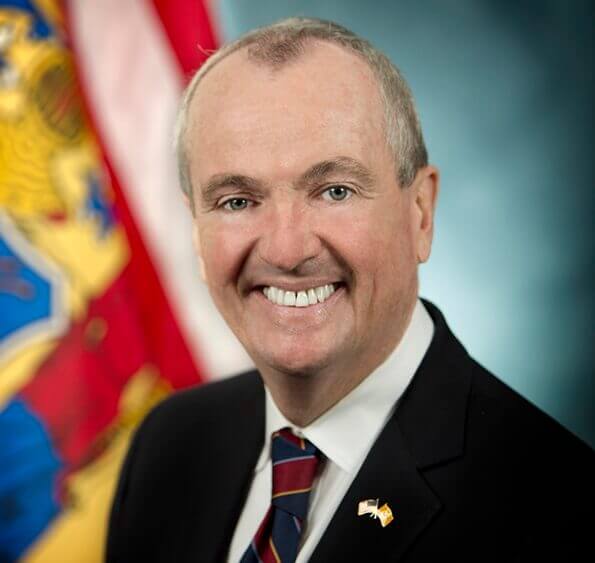The New Jersey Energy Master Plan (EMP) Committee will host a series of public stakeholder meetings in September, launching a public participation process that will shape the total conversion of New Jersey’s energy production profile to 100% clean energy sources by 2050, the New Jersey Board of Public Utilities (NJBPU) has announced.
The EMP Committee, helmed by leadership and staff at the NJBPU, has identified five policy areas integral to Gov. Phil Murphy’s signature energy and environmental agenda. Throughout the coming year, the EMP Committee will aggregate and process public feedback through a series of public stakeholder meetings this fall and in spring 2019 – resulting in an entirely new EMP to be adopted in June 2019.
“Being responsible stewards of the environment is not a campaign promise; it’s a moral, philosophical and economic obligation that we have to ensure a strong economy and quality of life for all New Jersey residents today and for generations to come,” says Murphy.
He adds, “My administration sees these EMP stakeholder meetings as critical first steps toward meeting that obligation.”
Since kicking off in June, the EMP Committee has collaborated to identify overarching goals and themes of the 2019 EMP. The ultimate 2019 EMP – which will provide a comprehensive guide for the use, management and development of energy across the state – will focus on five main goals:
- Putting New Jersey on a path to achieve 100% clean energy by 2050;
- Growing New Jersey’s clean energy economy;
- Ensuring reliability and affordability for all customers;
- Reducing the state’s carbon footprint; and
- Advancing new technologies for all New Jersey residents.
To develop a plan for achieving these goals, the EMP Committee has organized into five working groups: Clean and Renewable Power, Sustainable and Resilient Infrastructure, Reducing Energy Consumption, Clean and Reliable Transportation, and Building a Modern Grid.
The EMP Committee is chaired by Grace Strom Power, NJBPU’s chief of staff. In addition to being led by NJBPU staff, each working group includes senior staff designees from the following state agencies: Department of Community Affairs, Economic Development Authority, Department of Environmental Protection, Department of Health, Department of Human Services, Department of Transportation, Department of Labor and Workforce Development, Department of the Treasury, and NJ Transit.
Joseph L. Fiordaliso, president of NJBPU, emphasizes the policy implications of a comprehensive, publicly vetted EMP:
“Climate change is real, and we have to take seriously the short- and long-term effects of our policy decisions for ourselves, our children and our grandchildren,” he says. “Additionally, creating a clean energy economy in New Jersey opens new markets and creates an enormous economic development opportunity in this state. The potential there cannot be understated.”
More information on the meetings can be found here.




